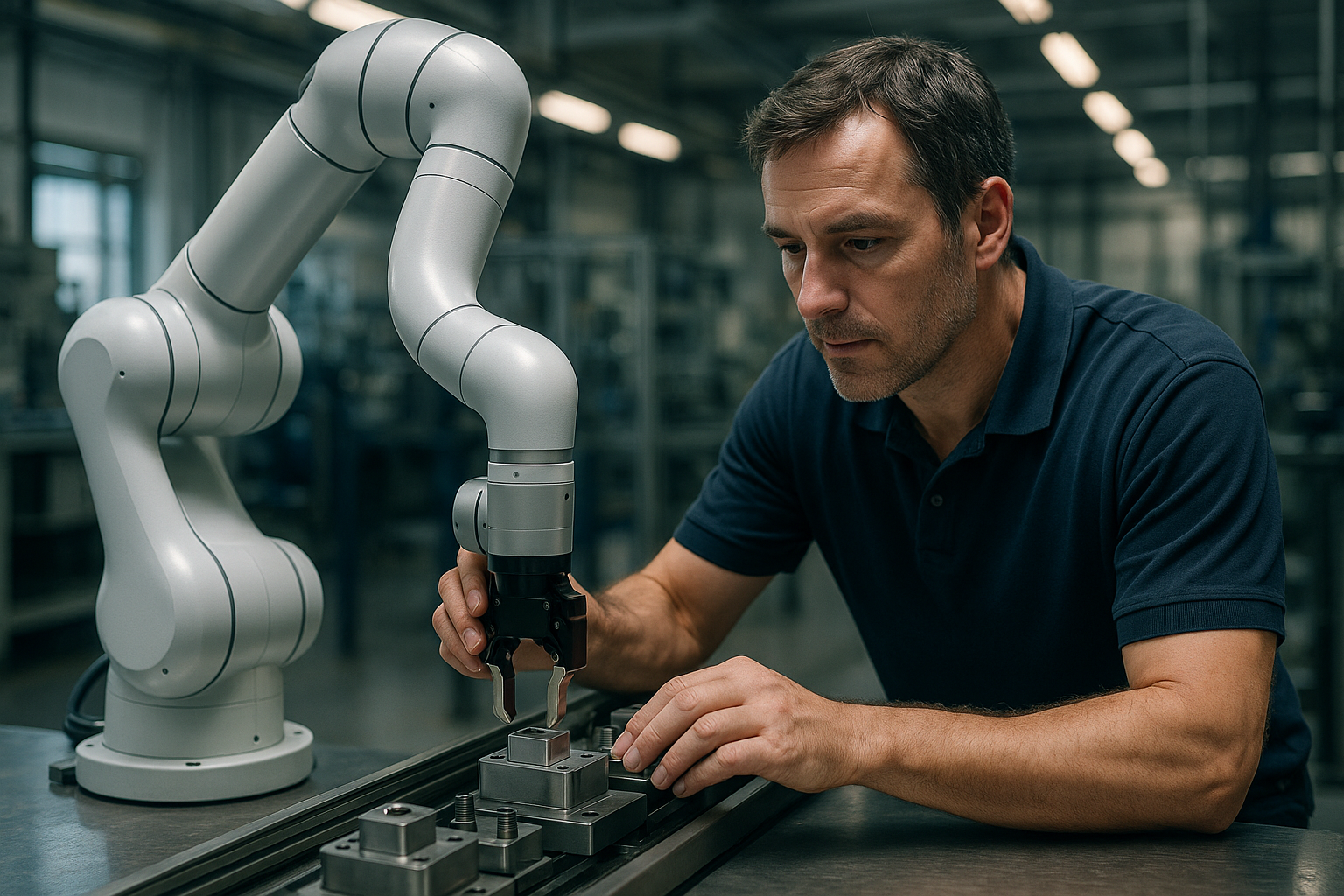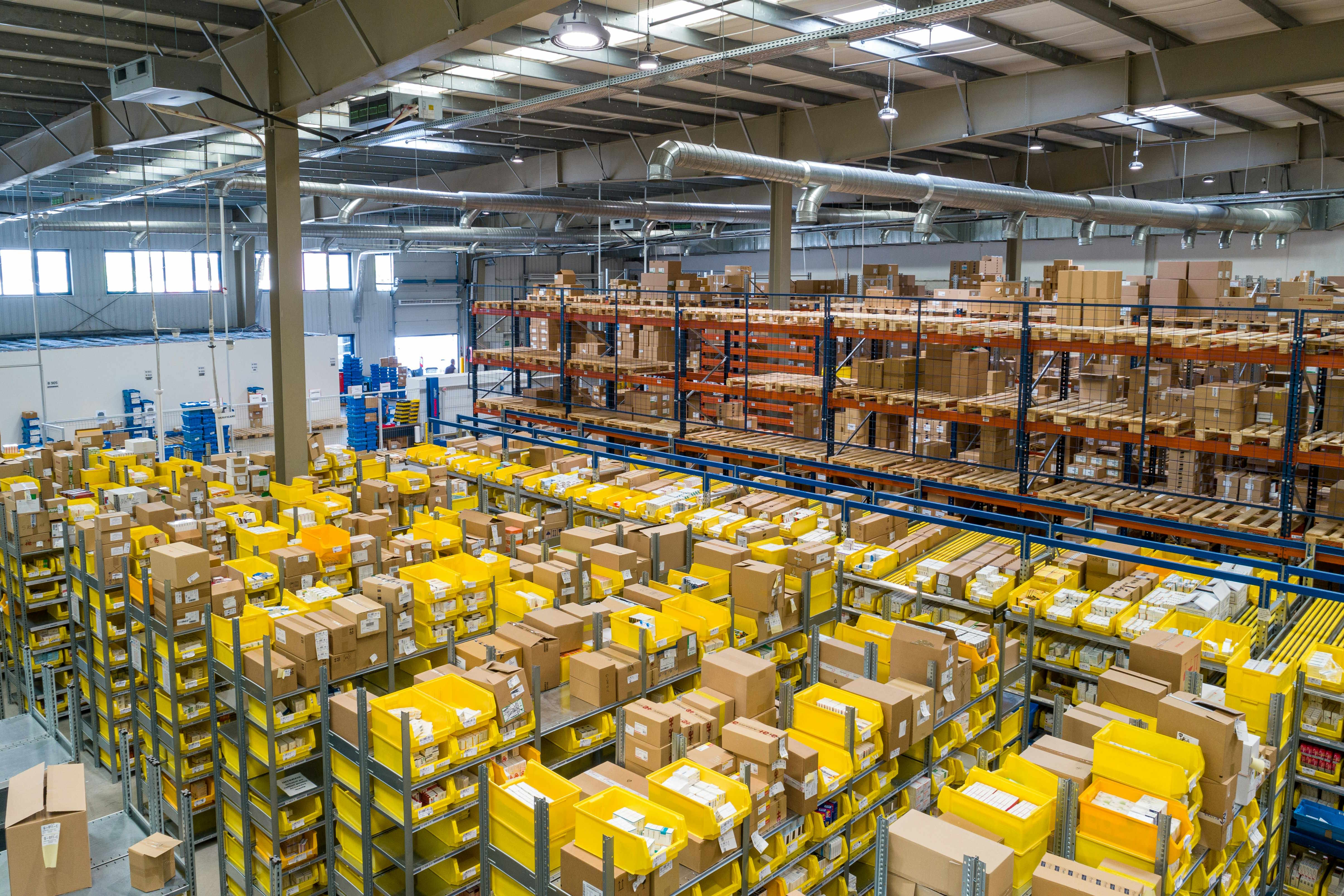Manufacturing Jobs: Roles, Skills and Opportunities
Manufacturing jobs cover a broad range of activities from hands-on production to technical support and management. They can offer stable wages, clear progression paths, and practical skill development. This article explains common roles, how to build a career, what the market looks like in Portugal, the role of English, and how industry changes such as automation are shaping work in manufacturing.

What are common manufacturing roles?
Manufacturing workplaces include a variety of roles: production operators and assemblers who work on lines; machine operators and CNC technicians who program and run equipment; maintenance technicians who keep machinery running; quality control and inspection staff who ensure product standards; logistics and warehouse personnel who handle materials; and engineers or process specialists who optimize production. Smaller firms may combine several responsibilities in one job, while larger plants separate tasks into specialist roles.
Many positions require hands-on problem solving, attention to detail, and adherence to safety procedures. Certifications or short vocational courses—such as those in welding, electrical basics, or machine operation—can make candidates more competitive. Shift work and early starts are common in production settings, so scheduling flexibility is often part of the job description.
How can you build a career in manufacturing?
A career in manufacturing often begins with an entry-level role, apprenticeship, or vocational training. Apprenticeships combine paid work with classroom learning and are common routes into trades like machining, electrical maintenance, or instrument calibration. Community colleges and technical schools offer certificates and diplomas that cover practical skills and industry standards.
Progression typically moves from operator or technician roles into lead or supervisory positions, then into engineering, quality, or production management roles. Continuous learning—through short courses, certifications, or on-the-job training—is essential. Local services such as training centers, vocational guidance schemes, and employer-led programs can help map out pathways and connect jobseekers with employers in your area.
What is the manufacturing job market in Portugal?
Portugal’s manufacturing sector includes activities such as automotive components, textiles and footwear, food and beverage processing, electronics, and more recently renewable energy components and advanced composites. Activity is concentrated in regions with industrial clusters, including areas around Porto, Braga, Aveiro, and the Lisbon metropolitan area. Small and medium-sized enterprises (SMEs) form a substantial part of the sector alongside multinational companies with production sites in Portugal.
Jobseekers should consider regional differences, language expectations, and the export orientation of many firms. Many roles are tied to supply chains that serve European and global markets, so employers often value reliability, quality awareness, and the ability to work within standardized processes. Job boards, recruitment agencies, and local services in your area can be useful for finding openings and understanding employer requirements.
Do manufacturing jobs require English skills?
English skills are increasingly useful in manufacturing, particularly at multinational firms, export-focused businesses, and in roles involving technical documentation, safety manuals, or coordination with overseas teams. For frontline production roles in local Portuguese-owned firms, Portuguese remains the primary language of communication. For expatriates seeking work in Portugal, a combination of English and basic Portuguese boosts employability.
Employers sometimes offer language training or support for non-native speakers, and online or community courses can help workers learn industry-specific vocabulary. Strong written and spoken English is a clear advantage for roles in quality control, engineering, supply chain coordination, and positions that interact with international customers or suppliers.
How does automation affect the manufacturing industry?
Automation and digitization are changing the tasks and skills required in manufacturing. Technologies such as programmable logic controllers (PLCs), robotics, collaborative robots (cobots), sensors, and data analytics are increasingly part of production systems. This shifts some roles away from repetitive manual tasks toward machine setup, monitoring, programming, maintenance, and data-driven quality control.
As routine tasks become automated, demand grows for technicians who can maintain and troubleshoot automated systems, for programmers who can adapt control logic, and for quality professionals who interpret production data. That shift makes reskilling and upskilling important—training in basic programming, electrical systems, PLCs, and industrial networks can open new opportunities. Many employers work with local training providers and technical schools to offer targeted courses that reflect current industry needs.
Manufacturing continues to offer diverse roles, from practical shop-floor jobs to technical and managerial careers. In Portugal, opportunities exist across regional clusters and company sizes; English helps in international contexts, while automation raises the value of technical and digital skills. Professionals who combine practical experience with ongoing training are best positioned to adapt as the industry evolves.






